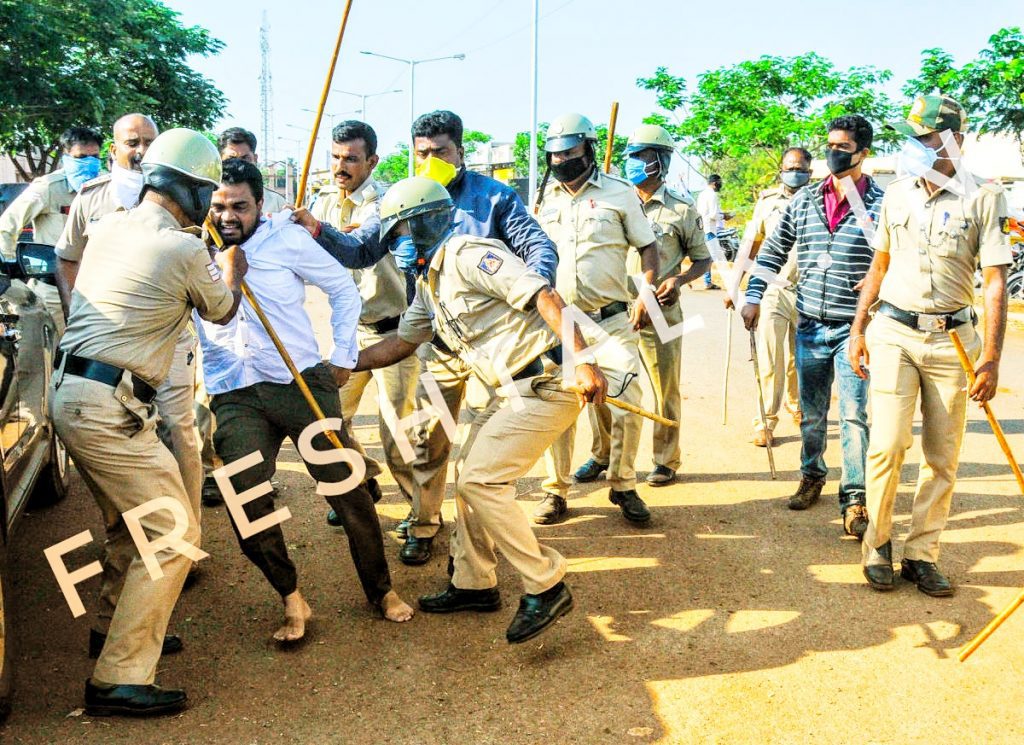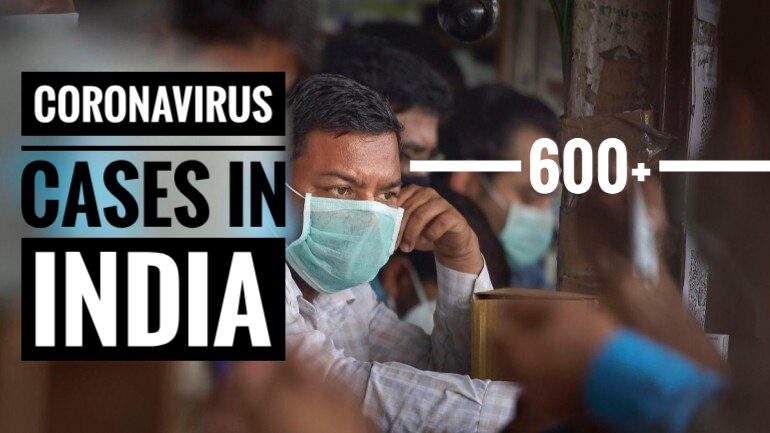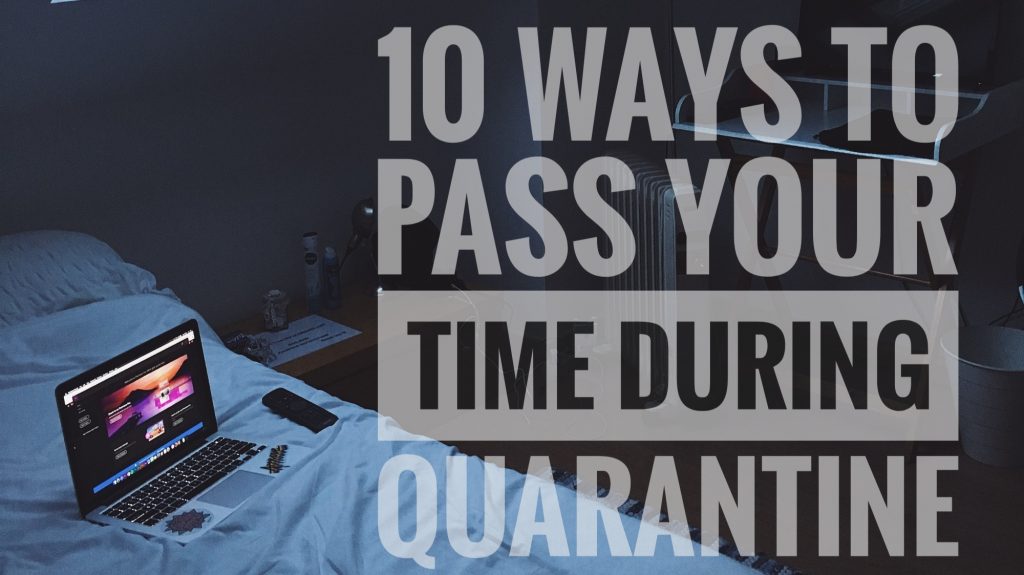Countries around the world are increasingly adopting sweeping measures to stem the spread of the new coronavirus, including full lockdowns, shutting down airports, imposing travel restrictions and completely sealing their borders.
The outbreak of the coronavirus has been labelled a pandemic by the World Health Organization (WHO).
The breadth and depth of such a challenge is staggering in a country where hundreds of millions of citizens are destitute and countless millions live in packed urban areas with poor sanitation and weak public health care.
PM Modi announced a complete lockdown in the country. In order to control the spread of the deadly virus, the Indian government has imposed a 21-day lockdown in the country and is urging people to avoid all ‘non-essential’ travel. India’s prime minister ordered all 1.3 billion people in the country to stay inside their homes for three weeks starting 26th March, 2020 — the biggest and most severe action undertaken anywhere to stop the spread of the coronavirus.

The nationwide lockdown followed a series of decrees that had been steadily growing more stringent, and some people had been expecting Mr. Modi to announce something even more severe, like a nationwide state of emergency and declaration of martial law.
Long lines of migrant workers streamed out of recently closed railway stations, with thousands of men, almost none wearing masks, marching close together to far-off villages, potentially spreading the virus deep into the countryside.
There have been several reports of police highhandedness – beating with lathis and resorting to public humiliation to enforce the lockdown – not only against common people but also those associated with essential services. Incidents of such misbehaviour have been reported from across the country, indicating that they reflect a problem with the fundamental character of the police in India and are neither isolated nor region-specific.
According to media reports, several videos have surfaced in which police were forcing people to do squats, scramble on their hands and knees as well as lie down on the ground and roll over several times in opposite directions. In one video, a female doctor was slapped by a Khammam police official while she was on her way for her night duty, and abused saying, “With whom are you going to sleep at this time?” Vehicles of those caught were impounded.
Against the backdrop of such incidents, the Delhi chief minister Arvind Kejriwal was obliged to assure people, “Have requested police officials to allow anyone who is seen delivering essential commodities despite not having a pass or ID.” Ignorance of law is so rampant that, Telangana chief minister, K. C. Rao threatened people with shoot-at-sight orders. Little does he know that this is plainly illegal as, in the celebrated judgment in the case of Jayantilal Mohanlal Patel v. Eric Renison And Anr., it has been held that police have no authority to shoot at anyone for a mere breach of the curfew order.
There is an ambiguity inherent in paragraph 15 of the guidelines on the measures to be taken by the authorities—a classic example of hurried, poor drafting of even such momentous orders. It reads, “All enforcing authorities to note that these strict restrictions fundamentally relate to movement of people, but not to that of essential goods.” This is clearly self-contradictory.

In Maharajganj, Gorakhpur, people who had gone to the vegetable market, were lathicharged. The police circle officer said that only wholesale shops could be opened. The cops, of course, were intellectually incapable of understanding that even if only retailers were allowed to purchase from there, some people had to go to the mandi—you cannot allow shops to remain open but not allow any customer to go there!
On the other hand, paragraph 4 of the guidelines tells people that grocery shops, etc. would remain open, and that media personnel and bank workers have also been exempted. It further says that ‘district authorities may encourage and facilitate home delivery to minimise the movement of individuals outside their homes.”
When questioned, police officers have a standard excuse that the presence of limited manpower means a strain on those performing their duty. This is a clichéd argument. All over the world, agencies of the state have to manage with the resources available. No nation can afford to recruit half of its population in the police to serve the other half. The stress of work is no excuse for committing atrocities.
The habit of cops to swing their lathis first and ask questions later is a reflection of some systemic problems. Is this overenthusiasm? No, it is plain and simple abuse of authority. Those who do not know the police intimately, think that to the Indian police, every situation can be solved with a bit of violence. No, it is not a belief system; abusing power has been their socio-historical as well as a psychological prime mover. When it comes to abusing power, cops do not think.

